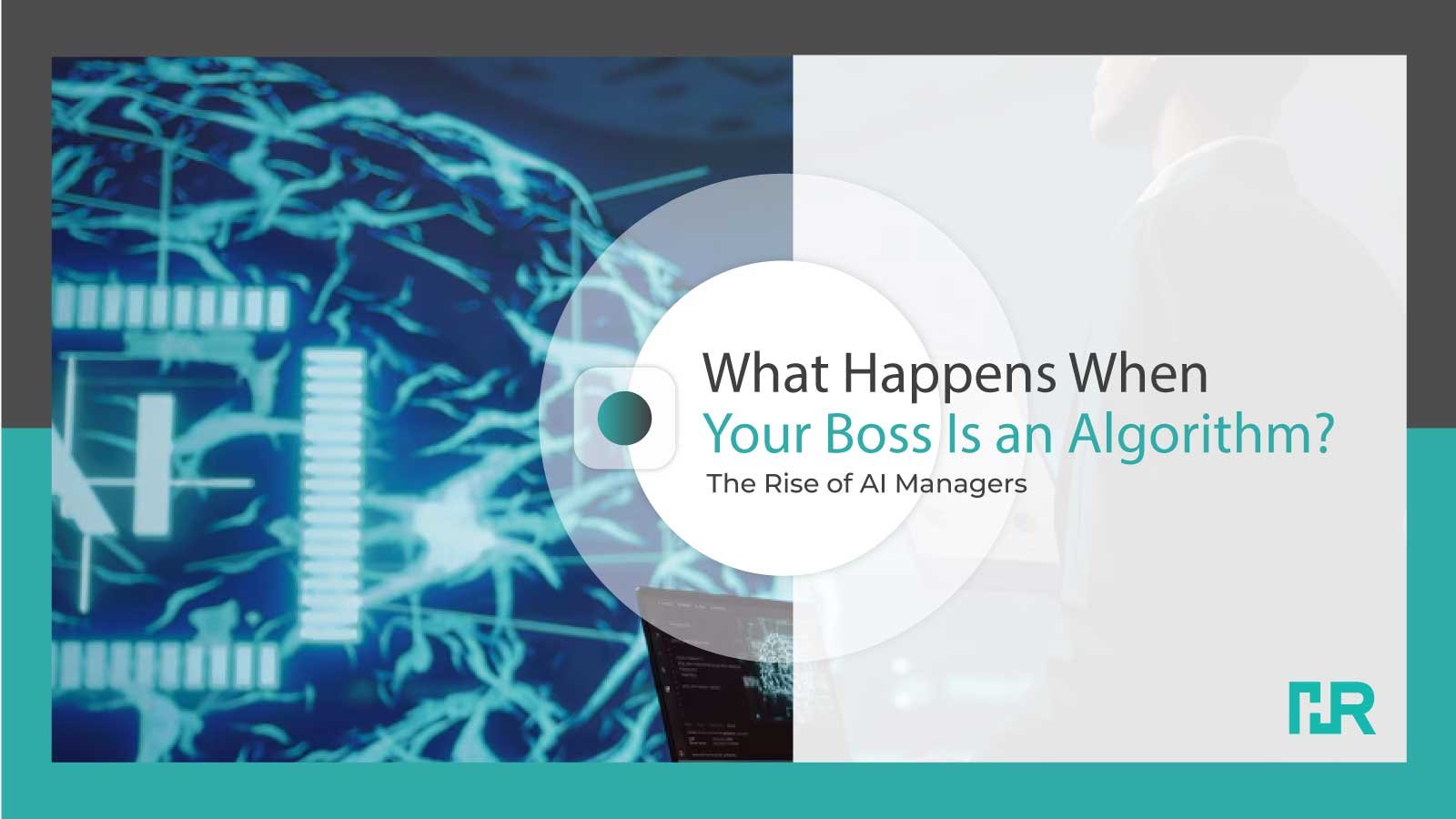
Just think about receiving feedback on work that you did - not from your boss, but from a dashboard that is run by algorithms. This is no longer a thing of the future. AI managers are entering the office environment and are handling tasks such as organizing shifts, keeping track of productivity, giving out projects, and even evaluating performance.
On one hand, these instruments have the potential to bring fairness and efficiency that are driven by data. However, on the other hand, they also bring up concerns about trust, transparency, and empathy in leadership. So, what actually takes place when your boss is an algorithm?
One step further, AI governance systems dive into employee data to arrive at their decisions at a speed unheard of in human practice and aim to be made without any bias. Machines that orchestrate Amazon's warehouses according to complex algorithms or help a few call-center coordinators' workloads while also determining performance evaluation - all these digital “bosses” are the very act of supervision that is undergoing a revolution.
According to a recent Deloitte research, 61% of companies have already implemented AI technologies that assist managers in getting insights for decision-making. The reason for such acceptance is really evident - machines do not get tired or biased, and the process of feedback is done very quickly.
However, there is a snag in this story: even though algorithms can analyze data very effectively, they still lack a deep understanding of the surrounding environment. Algorithms can, for example, time a process but not explain why the procedure took longer. That is still the prerogative of humans. The optimal approach is not to substitute managers with AI but to use AI as a powerful tool in their decision-making process.
How AI Managers Are Changing the Employee Experience?
When your work is tracked by algorithms, you get precision - but sometimes at the cost of autonomy. AI systems can schedule work shifts based on predictive analytics or flag “underperformance” using data patterns. Yet, employees often feel like they’re being monitored more than mentored.
According to Gartner, over 40% of workers report stress or anxiety when their performance is monitored by AI tools. The lack of emotional connection makes it harder for employees to feel valued. After all, a dashboard can’t recognize personal effort or team spirit the same way a human manager can. AI in management works best when paired with human empathy. HR leaders should focus on transparency - explaining how AI evaluates performance and how decisions are made.
Ethical and Legal Questions: Who’s Accountable When AI Makes a Mistake?
When a human manager makes a wrong call, there’s accountability. But what happens when an algorithm unfairly denies a promotion or misjudges performance?
The EU’s AI Act (2025) now requires organizations to prove that AI decision systems are explainable and unbiased. In the US, similar compliance frameworks are being discussed. These rules push companies to audit their AI tools regularly to ensure fairness and prevent discrimination.
Still, the gray area remains: algorithms learn from past data, and if that data carries bias, the AI will replicate it. That’s why HR leaders must work closely with data scientists and ethics boards to design systems that are not just efficient but equitable.
Balancing Efficiency and Empathy in AI-Driven Workplaces
AI managers can outperform humans in data analysis, but they lack emotional intelligence - the core of good leadership. Great managers inspire, listen, and adapt. Algorithms can’t replace that, at least not yet.
When AI handles scheduling, performance tracking, and reporting, managers get more time to focus on coaching, mentoring, and building relationships. That’s the real power of AI in management - freeing people from admin-heavy tasks so they can focus on the human side of leadership.
Actionable tip: Use AI to support decision-making, not dictate it. Let algorithms handle the data, and let humans handle empathy. That balance keeps both productivity and morale high.
Hybrid Leadership Models
The future of management isn’t AI versus humans - it’s AI with humans. Forward-thinking companies are already experimenting with hybrid leadership models where algorithms assist human leaders rather than replace them.
Picture this: an AI assistant providing real-time insights about team workload, engagement scores, or burnout risk, and the manager using that data to start meaningful conversations. That’s how technology becomes empowering, not intimidating.
For HR leaders, the challenge is clear - design systems that enhance decision-making, not replace the human touch. The real evolution of leadership will be defined not by who’s in charge, but how intelligently people and machines collaborate.
Final Thoughts
AI managers are here to stay - but they shouldn’t be feared. They should be understood. As organizations embrace digital leadership tools, HR leaders must act as ethical gatekeepers, ensuring technology drives fairness, inclusion, and well-being, not just productivity.
Discover how microcultures enhance workplace agility, boost team spirit, and empower HR leaders to build adaptive, high-performing work environments.
Discover why Employee Experience Cloud platforms are transforming HR, and how Genesys is leading the shift toward personalized, connected employee journeys.